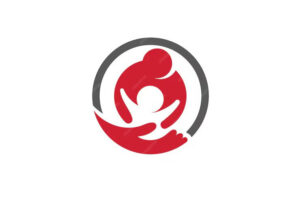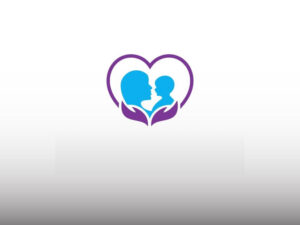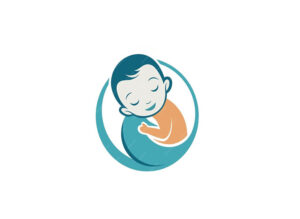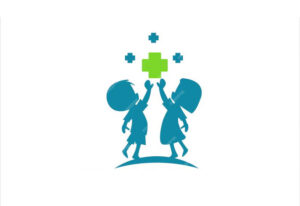The term, enuresis, denotes occurrence of involuntary voiding of urine after the age at which volitional bladder control should have been established. Usually, 5 year age is considered the cut-off line for evaluation.
Enuresis may be diurnal or nocturnal. In the former, lack of bladder control occurs during waking hours. It should not be considered abnormal if it occurs less than twice a week.
During the first several years after being toilet trained, some children occasionally wet themselves while awake since they remain preoccupied with play and postpone emptying the bladder. Nocturnal diuresis is relatively more common and often a cause of considerable anxiety to the parents.
Enuresis may be primary or secondary. Primary enuresis means that the child has never been able to have control over voiding during night. This is also termed “persistent enuresis”.
Secondary or regressive enuresis means that wetting occurs after the child has attained the normal bladder control. Whereas persistent enuresis is often the result of poor toilet training, the most important cause of regressive enuresis is a precipitating stressful situation like parental quarrelsomeness, arrival of a sibling, or a family tragedy. Organic pathology is found in only a small proportion of cases in both types of enuresis.
History should include a detailed interview with the parents as well as the enuretic child to find out the natural history of the problem, and possible etiologic or at least precipitating emotional factors. Obtain information about child’s fluid intake and urinary output. Is there any history of associated fever or dysuria? Any worm intestation?
Physical examination should particularly exclude presence of neurological and spinal abnormalities. The possibility of chronically distended abdomen should be evaluated by abdominal and rectal examination after the child has voided. It is advisable to watch the child for force and quality of urinary stream during the act of micturating.
Most children need no investigations but for the routine urine, stool and hemogram. In a limited number of cases where organic pathology is suspected, an X-ray of lumbosacral spine, a micturating urethrogram or a test dictated by the merits of the case may be carried out.
PRIMARY (PERSISTENT) ENURESIS
Poor Toilet Training
Mismanagement of toilet training, especially when the child is about the stage of maturation that enables him to control micturition, can delay the acquisition of control, causing enuresis. Over enthusiastic parents make a significant error in far-too-early “potting”, compelling the child to sit on pottie for too long and smacking him for not using the pottie.
Familial
In some families, enuresis occurs as a familial trait. There is delay in the maturation of the relevant components of the CNS. Hence, children are late in attaining bladder control.
Undoubtedly, additional psychological overlay may complicate the problem.
Anatomical Defects
Such anatomical anomalies as bladder-neck or urethral obstruction, ectopic ureter entering the vagina, diverticulum of the anterior urethra, sacral agenesis, etc. may infrequently be responsible for primary enuresis.
Mental Retardation
Just like delay in walking and talking, a mentally subnormal is likely to acquire bladder control significantly late. Understandably, this is related to the delayed maturation of the nervous system.
Emotional Deprivation
An emotionally deprived child, particularly if he is brought up in an orthodox type of institution, is likely to suffer from delayed acquisition of bladder control.
SECONDARY (REGRESSIVE) ENURESIS
Psychological
Secondary enuresis is most often a manifestation of family conflict and maladjustment, e.g. too strict parents, rejection, sibling rivalry, quarrelsomeness between the parents, problems at school, acute anxiety, etc.
Worm Infestation
Heavy threadworm infestation (enterobiasis or oxyuriasis) is frequently associated with enuresis. Eradication of the infestation leads to regression in frequency of enuresis and in some even full recovery from it.
Metabolic Disorders
Enuresis may well be the first manifestation of diabetes mellitus or diabetes insipidus in a child who had till recently been dry. The child with diabetes mellitus may also suffer from such additional manifestations as excessive thirst (polydypsia), polyuria, excessive hunger (polyphagia), weight loss, general weakness, tiredness and bodily pains. Fainting attacks due to spontaneous hypoglycemia, vulvitis, abdominal pain, nausea and vomiting, irritability and deterioration in school performance.
In diabetes insipidus, enuresis is accompanied by polydipsia and polypuria.
Neurogenic Bladder
Such congenital conditions as meningomyeloceic, lipomeningocele, sacral agenesis, or other spinal abnormalities may cause neurogenic bladder and resultant enuresis. In addition, cerebral palsy, CNS tumors, repair of imperforate anus or excision of sacrococcygeal teratoma may lead to abnormal innervation of bladder and sphincters, resulting in urinary incontinence.
Urinary Tract Infection
Urinary tract infection is an important cause of secondary enuresis, especially when it is accompanied by fever and dysuria. Besides urinalysis, it is advisable to do the urine culture.
Neurogenic Bladder
Occasionally certain acquired diseases and traumatic lesions of the spinal cord may cause enuresis.
RELATED POST

Empyema Thoracis

Bell Palsy (Peripheral Facial Palsy)

Opportunistic Infections









